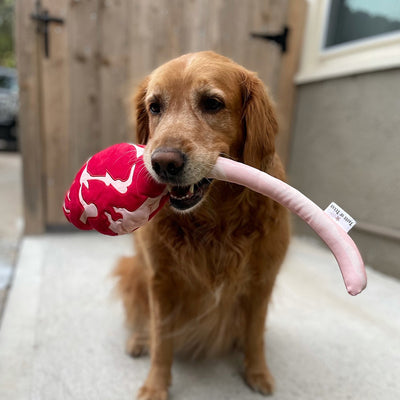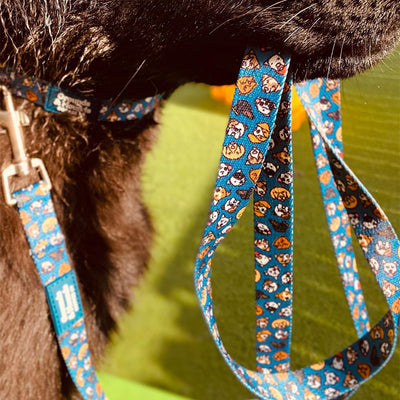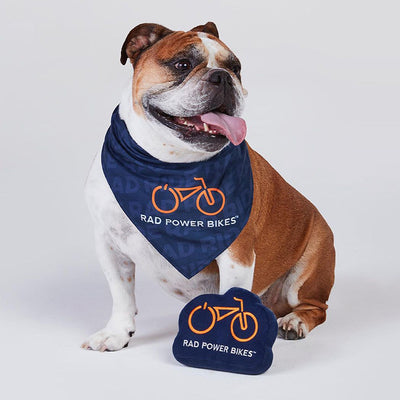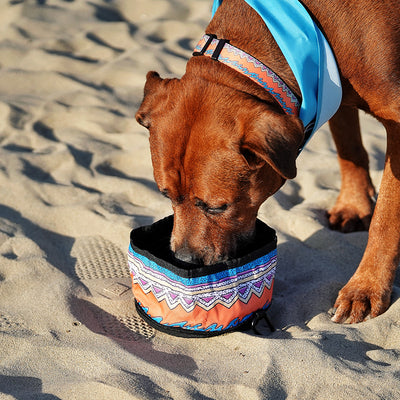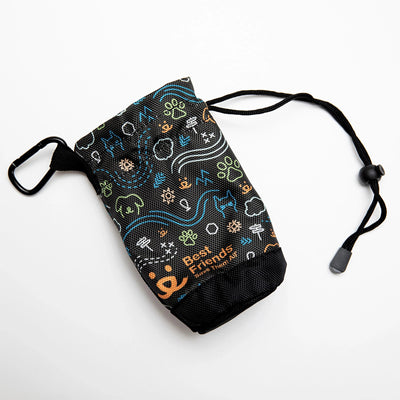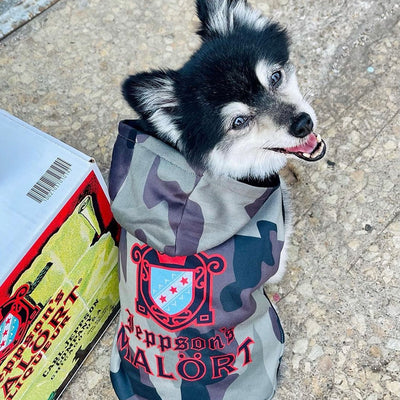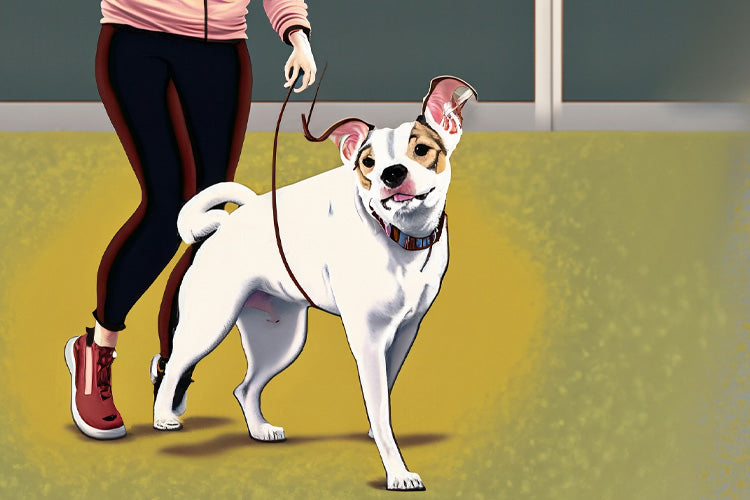Owning a dog, though unquestionably joyful, isn’t always a walk in the park. Dogs aren’t born perfectly behaved; rather, they need to be taught good behavior, obedience, and basic manners. Untrained or poorly trained dogs are likely to develop behavioral issues and other difficulties. And over time, these can strain your relationship with even your dearest four-legged family member.
While it’s certainly possible to train your dog on your own, professional dog trainers are another viable option if you don’t feel confident doing so. You may also benefit from professional support if your dog has more complex behavioral issues or a difficult background that makes training challenging. A dedicated dog trainer will be well-equipped to teach both you and your pet the skills needed for a harmonious coexistence, such as common training cues and proper use of training equipment like martingale collars and clickers.
However, selecting a good dog trainer isn't like picking out a leash—you can’t simply depend on the recommendations of others and assume they’ll work just as well for you. A trainer who works wonders with your neighbor's docile Golden Retriever might not be the best fit for your energetic Border Collie. You’ll need to do some extensive screening to find the right trainer for your pup.
This PrideBites blog post aims to steer you through the maze of options by outlining what to look for in a potential trainer, helping you make an informed decision tailored to your unique pet. Here are five qualities you should look for in particular:
1) Sufficient Work Experience
When searching for the right dog trainer, their experience in the field should be top of mind. You can assess this adequately by looking deeper than the number of years they have on their resume. Has the trainer worked with a variety of breeds? Are they familiar with the specific challenges and quirks that come with each type of dog? Every breed has its own set of instincts and behavioral patterns. A trainer who has encountered a broad spectrum of these can offer more tailored advice and solutions.
Besides breed, your dog’s age and life experiences are also worth considering when determining their training needs. While an older dog might require a different training approach due to ingrained habits, puppies demand patience as they're introduced to the basics. Behavioral issues stemming from prior trauma, like aggression or separation anxiety, also need specialized experience. A well-rounded trainer isn't just someone who's been in the game for a long time; you want someone who has faced diverse challenges head-on and has a record of effectively addressing them.
2) Proper Credentials
Dog training requires extensive formal education in addition to good instincts. While there's value in hands-on experience, professional dog trainers also need foundational knowledge on animal behavior and training techniques, as these lend structure to their practice. Dog training certifications provide a guarantee that your trainer's methods are grounded in sound science and ethical practices.
Reputable organizations that certify dog trainers include the International Association of Canine Professionals (IACP) and the Association of Professional Dog Trainers (APDT). A trainer with credentials from such institutions has shown their dedication to the profession and will likely also be committed to staying updated on the latest research and methods.
3) A Clear Training Philosophy
When screening a potential dog trainer, learn as much as you can about their training philosophy. For instance, you might ask your candidate if they advocate for positive reinforcement, which focuses on rewarding good behavior, or if they employ a more correction-based approach. A handle on their training philosophy will not only provide insight into the techniques they might employ, but also help you determine whether their methods align with your values and goals for raising your pup.
It’s also worth remembering that because every dog is unique, a standardized approach to training rarely works. A proficient trainer will assess your dog's temperament, behavioral issues, and even your interaction with your pet to customize a training plan. Trainers that exhibit this level of adaptability likely have extensive expertise and will also be committed to effective, humane training.
4) Well-Developed Communication Skills
The trainer, the pet, and the owner must be able to communicate with one another effectively for any dog training effort to succeed. A good trainer should be able to articulate their training steps clearly, explaining what they're doing and why at every turn. They should also provide feedback on how both you and your dog are doing during each session. This communication is important because while it’s up to the trainer to guide your dog, you’ll be in charge of reinforcing these lessons at home.
Watch how the trainer interacts with your pet during initial sessions or evaluations. Ideally, you want them to be attentive to your dog’s cues and recalibrate their behavior based on the animal’s reaction. Similarly, assess how well they communicate with you. They should be open to questions and explain things in a way that you can understand and replicate at home. These elements are crucial for an effective, long-term training solution.
5) Patience and Empathy
Dog training is an extended process that yields its best results with time and patience. Look for a trainer who exhibits this essential quality, not just with your pet but with you as well. Training sessions can sometimes be stressful, especially if your dog is dealing with challenging behavioral problems. A patient trainer creates a calm environment that is conducive to learning, for both you and your dog.
Empathy also plays a pivotal role in dog training. Dogs have their good days and bad days, just like humans. A trainer should be capable of understanding this and adjusting their training approach accordingly. Whether your dog is shy, nervous, or overly energetic, the trainer's empathy can go a long way in easing the pet into the learning process. This kind, compassionate approach often yields the most effective, lasting results, making the journey smoother for everyone involved.
Finding the right dog trainer is ultimately an investment in both your dog's well-being and your peace of mind. Make it your goal to find a trainer whose approach aligns with your values and who understands your pet's unique needs, and you’ll be able to lay the groundwork for a lasting, positive relationship between you and your pup.

